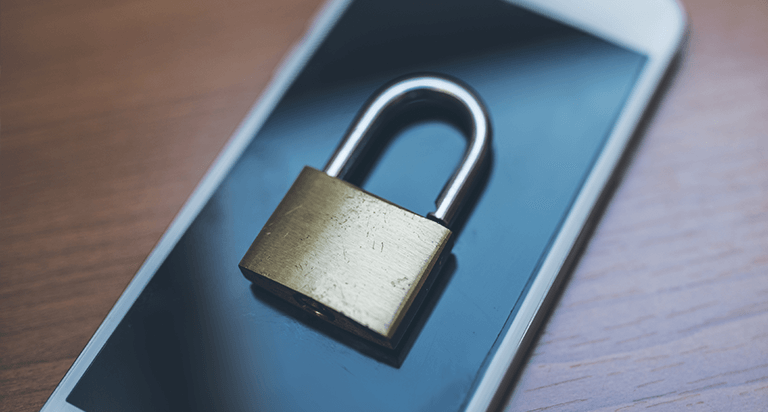Data Breaches Are on the Rise. How Can You Help Protect and Restore Your Identity?
Casinos. Hospitals. Bookstores. Grocery stores. Unions. Virtually any kind of organization can fall victim to a data breach. Which means your personal information can easily find its way into the hands — and wallets — of criminals.
The type of information at risk includes everything from your name and email address, to credit card numbers and Social Insurance Number. Hackers and cyber criminals want this information so they can sell it on the dark web, compromise your personal identity, or steal your money.
Even if you’re not one of the millions of Canadians whose data has been exposed in the past decade, experts say it’s only a matter of time. Equifax has tips and resources to help you protect yourself from further harm due to data breaches.
What to do when you are notified about a breach
-
If you’re notified that one of your online accounts has been compromised: Change your password immediately. If you have the same password for multiple accounts, change those to unique passwords and opt into two-factor authentication, if offered.
-
If your payment card numbers have been stolen: Notify the bank or company that issued the card immediately. Speak to a representative and explain that your card may be at risk of fraud, and ask them to alert you of any suspicious activity on your account.
-
If your Social Insurance Number, passwords to online accounts, financial account numbers, and payment card security codes have been stolen: Notify both national credit reporting bureaus (Equifax and TransUnion) that your personal information has been compromised and ask them to place a fraud alert on your credit reports.
Regularly check your credit reports
Checking your credit reports regularly can be one of the best ways to see if someone has been using your personal information to rack up debt in your name.
Look for any information on your credit report you don’t recognize, such as:
-
addresses
-
phone numbers
-
accounts
-
credit inquiries
If you see something questionable or unfamiliar listed on your report, like a phone number that isn’t yours or a credit card you didn’t apply for, someone else might be using your information to get credit in your name. That’s identity fraud.
What to do
-
Report the fraud to local police and get a police report number.
-
Advise your bank and credit card companies. Request new bank or credit cards.
-
Contact both nationwide credit reporting agencies and inform them about the fraud. You can easily submit a dispute — for free — to Equifax to begin an investigation.
-
Place a fraud alert on both your credit reports.
-
Report the incident to the Canadian Anti-Fraud Centre (1-888-495-8501).

